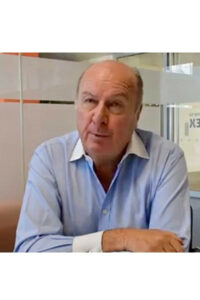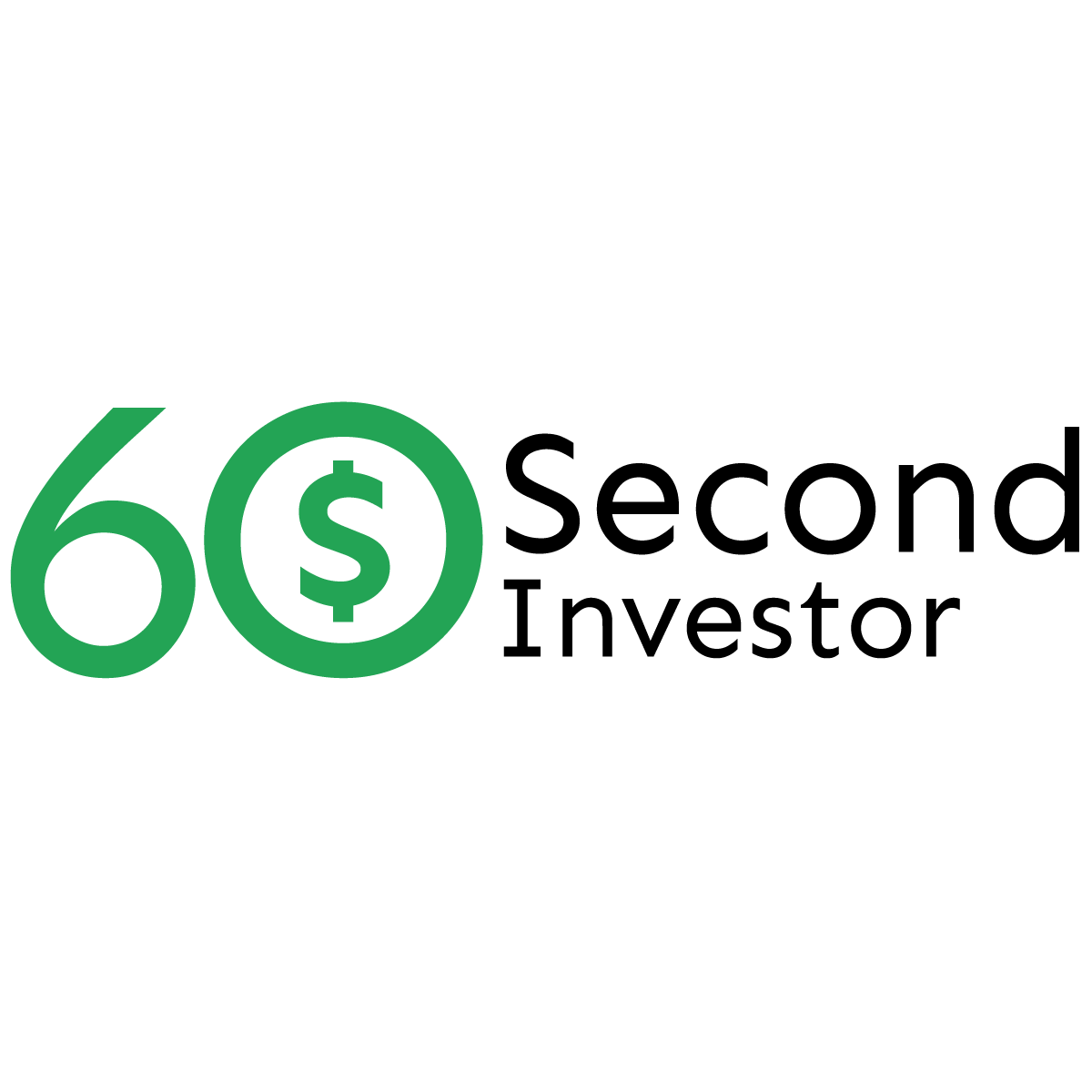New Prime Minister Faces Old Challenges

New Prime Minister Faces Old Challenges
The first part of last week was all about the reaction of the financial markets to Jerome Powell’s uncompromising speech at Jackson Hole when he all but said that inflation was Public Enemy Number One! The dollar understandably rallied as stocks and bonds fell, leading to the Dollar Index touching 20-year highs. The ECB’s Isabel Schnabel appeared to follow the Fed’s lead as she called for a ‘forceful’ response to inflation even at the risk of lower growth and higher unemployment which translated into speculation that they would raise rates by 75bp. Noticeably the Bank of England was silent, and of course, sterling suffered falling consistently, and it now looks to have a downward momentum in the market which will be hard to reverse. The major figure last week was Friday’s Non-Farm payrolls, and it was a real Goldilocks number, reporting a good rise in payrolls and only a modest rise in unemployment. The dollar initially lost traction before bouncing back to end the week stronger than ever after Russia announced a delay in reopening the Nord Stream 1 gas pipeline.
After a truly dreadful run last week, sterling has continued to fall this morning and looks likely to make new lows for the seventh day running. With support at $1.1411 now looking vulnerable and growing talk of parity in the market, more problems lie ahead for sterling. If Liz Truss, as expected, gets elected to be Prime Minister this morning, she faces some really tough decisions with the country. Alongside inflation and its impact on the economy, the old chestnut of Brexit is now expected to stage a comeback with Truss encouraging passage of the Northern Ireland Protocol Bill and possibly triggering Article 16, which could see Brussels suspend the UK-EU trade deal in retaliation.
Adding to sterling’s problems is the deafening silence from the Bank of England over its plans, if it has any, to combat inflation which some forecasters now expect to exceed 22%. It is a worry as the Old Lady is perceived, not totally unfairly, as having been asleep at the wheel as prices started to rise and are now being forced to hike interest rates into, and possibly during, a recession. Compared to the Fed and even the ECB, they are miles behind the curve and not even the derivative market’s terminal base rate of 4% appears enough to save sterling from further potential falls. Their tardiness should lead to a challenging appearance for Andrew Bailey in front of the House of Commons select committee on Wednesday. This week is a pretty quiet one for data in the UK, with only S&P Composite and Services Production Managers Indexes released this morning. As we said earlier, the Bank of England is in focus this week, and the market will be listening attentively this evening when Monetary Policy Member Catherine Mann gives a speech. Sadly the only reason we can see to buy the pound at the moment is that the media are starting to talk about a sterling crisis which usually is a sure indicator that a bounce is coming!
The euro is also in for an exciting and possibly testing week ahead, with a European Central Bank council meeting on Thursday the focus. Before the excitement of the ECB meeting, Eurostat will release Retail sales for the bloc later this morning and S&P’s take on the Composite Purchasing Managers Index. On Wednesday, we will get to see Employment and GDP for the eurozone, which should set the scene for the ECB meeting. Regardless of this week’s figures, the ECB appears to have been overtaken by events and almost overwhelmed by the rapid rise of inflation in the bloc. After its surprise July rate rise of 50bp, it seems to have thrown caution to the wind, and its hawks are openly speculating on a 75bp this week. With Isabel Schnabel seemingly falling in line with Jerome Powell in looking to break inflation regardless of the cost to the economy and being joined by several of her, primarily northern European compatriots, the hawks seem in the ascendency. Apart from Chief Economist Phillip Lane, the doves on the council have been conspicuous in their absence, but they certainly haven’t gone home to roost and will come out fighting at the meeting. There are certainly traders who think that the ECB will be forced to compromise, as usual, and only hike by 50bp, but with the euro sliding to fresh twenty-year lows, below .9900, this seems increasingly unlikely…but you never know!
The ECB is not the only central bank meeting this week, the Bank of Canada kicks off the month’s meetings on Wednesday, and it is expected to raise rates by 75bp, leaving its policy rate above neutral at 3.25%. Historically and understandably, the BoC and the Fed have moved in tandem. We can see no reason for this to change in the near future, although the move upwards should support the Loonie; its big brother over the border should regain its ascendency in double quick time. With little data of significance being released in the US this week, dollar trader’s attention will be focused on the speech that Jerome Powell will give at a conference on monetary policy on Thursday. This will likely be his last opportunity to change market perceptions before the 21st September Fed meeting as it enters its “quiet period” at the weekend.
With the fireworks of last Friday now behind us and the US on holiday celebrating labor day, the markets should have gotten off to a relatively quiet start to the trading week. However, the ramifications of Russia’s actions on Nord Stream 1 and the political uncertainty in the UK and relatively thin markets have led to a volatile start to the week. The thirtieth anniversary of the UK leaving the ERM is next week, a day of nearly unparalleled volatility! Surely history won’t repeat itself….
20220905











